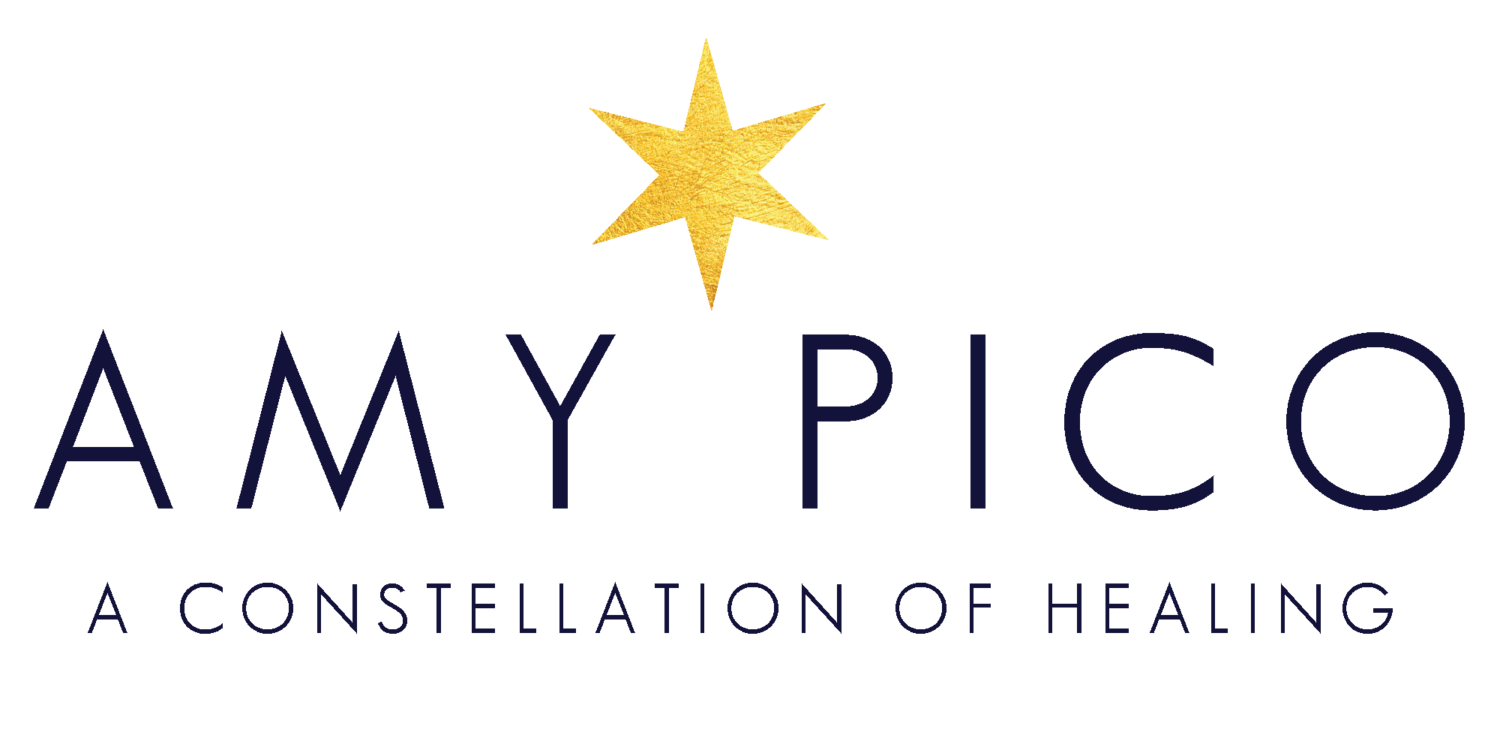This May will mark twenty years since I graduated with my degree in Counseling Psychology. To integrate what I have learned in twenty years, I am writing a series of blog posts to share my journey as a counselor, psychotherapist, and healer. While most of what I will share will highlight how I have grown as a professional, I also want to emphasize that my learning coincides with my personal development as a human being. I was four months shy of my 25th birthday at the time of my graduation. I had already started my healing journey by attending therapy while in graduate school. I continued to practice what I preach by exploring many healing modalities, all while getting trained to use them professionally. I am incredibly grateful for the opportunities I have had to learn and grow as a human being and a professional counselor.
The first five years of my career found me in the field of substance abuse treatment. This was not my field of choice, but it was where I secured my graduate internship and first full-time job. I worked in both residential, intensive outpatient, and outpatient facilities in Illinois, serving adolescents, adults, and people who received a DUI. The education I received by being in hospital-based programs and state-funded facilities was invaluable for a person who grew up in conservative Christianity, where using any substance was frowned upon. My client's struggles opened my eyes to the cyclical nature of substance abuse, the systemic causes of chronic relapse, and the powerless feeling of watching people suffer despite being in treatment. I had many supervisors during my first two years in practice, all providing different types of support for a junior counselor. After those two years, I was able to sit for the state exam, which grants you the license to practice independently.
After securing my license, I was able to be a supervisor for a short period of time before falling into chronic burnout. After a period of time off, I considered leaving the counseling profession. After reconsidering, I knew I needed to be in a different setting to keep my passion for counseling alive and avoid burnout in the future. I began looking for other jobs, specifically joining a group private practice.
I am very proud of the leap of faith I took in the fall of 2008 at 29. I knew I would keep burning out if I had the demanding schedule of a traditional job, Monday through Friday, 8-5. I also knew that leaping straight into private practice was unrealistic due to having to build up a caseload. I was highly motivated to bridge some part-time jobs to help me transition from full-time work into full-time private practice.
I was already using my undiagnosed autism and neurodivergent brain to accommodate my needs for more freedom in my work schedule, to decompress, and to use lifestyle medicine to prevent burnout. My intuition and natural healing intelligence knew I needed to take professional risks to keep my passion alive. I am so grateful I listened to my inner voice and took these risks while still relatively young.
I look forward to sharing my professional bridge-building and budding entrepreneurial spirit next time!


